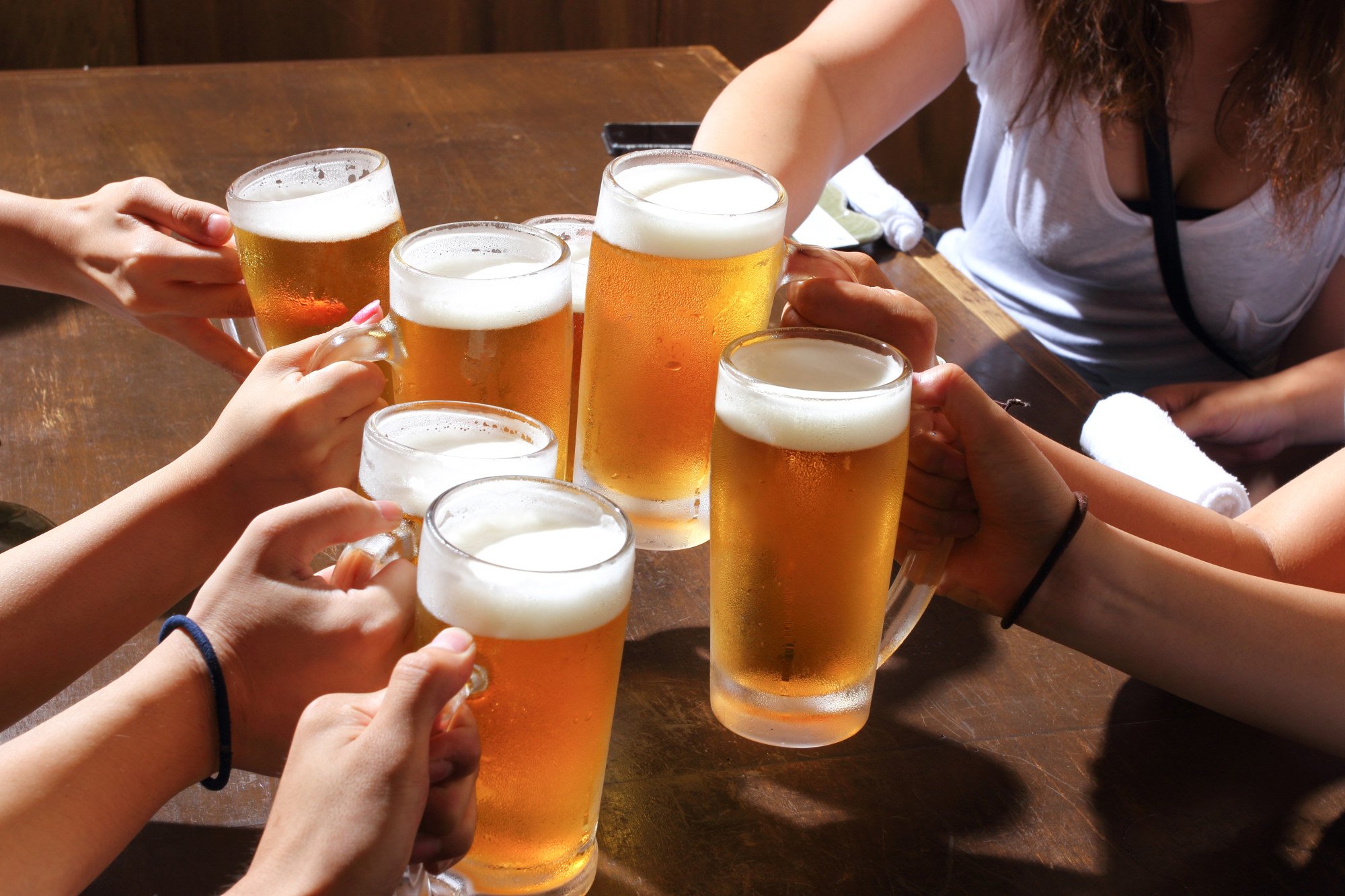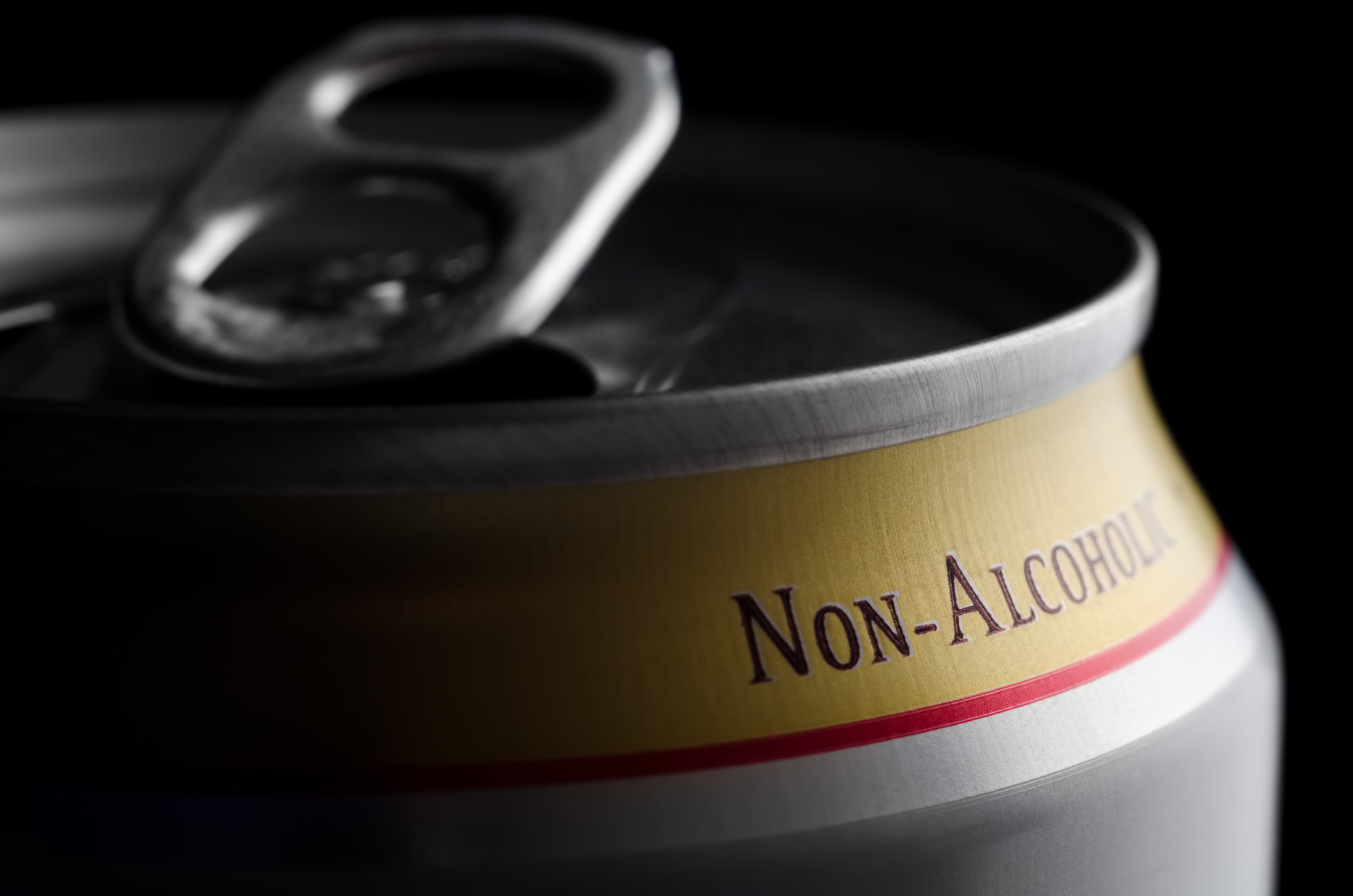
5 ways to rethink your approach to alcohol and drinking: a sommelier says don’t binge, do cut back and try to stay healthy
- Recent research suggests even low-level drinking increases the risk of high blood pressure and heart disease, meaning no alcohol at all is the only safe limit
- Sommelier Yulia Ezhikova says it is time for all of us to take a look at our relationship with alcohol, and shares a few things she is implementing in her life
As a hospitality worker, I always dread the New Year’s Eve service. It’s not even 10pm and I have already spotted someone throwing up by the side of the road across from our restaurant.
I go out and give a bottle of water and a stack of napkins to a group of young men joking loudly about their hunched over friend.
An hour later, I see a man helping a woman climb a long flight of stairs. She’s wearing a gorgeous sequinned dress and a pair of ambitious heels, but her legs betray her, and she loses balance with every step. They must be coming from that new trendy bar down the road.
By the time I close the restaurant and start walking home, just past midnight, people are flooding the streets eager to switch bars after the countdown.

Clumsy, confused, with eyes glazed over, many hold hands knowing they might easily slip. This is not their first rodeo. I look around and can’t help but feel partially responsible.
Are millennials and Gen Xers shunning alcohol for good?
That’s before we consider that the terms and conditions have been confusing and at times contradictory. Just in the past few decades scientists have told us that too much alcohol is bad for us, but a little is good, as well as that some types of alcohol are better for us than others.
Imagine everyone’s surprise when a research paper that came out last November essentially said, “Just kidding, it’s all bad.”

On the back of this latest research, the new health guidelines in Canada suggest people drink no more than two alcoholic drinks a week. That’s a sharp drop from the previous recommendation of no more than 10 drinks a week for women and 15 for men – while no alcohol at all is the only safe limit.
Canada may be an outlier right now, but it seems that it’s time for all of us to take a hard look at our relationship with alcohol.
Here are a few things I’ve been implementing in my life:
‘Have an escape plan’: the best ways to avoid drinking during the holidays
Dial back your drinking
The good news is that cutting back on alcohol consumption can lower your blood pressure almost immediately.

Avoid bingeing
Although most people who binge-drink are not dependent on alcohol, flooding your body with so much of it at once is extremely harmful, and frankly, unnecessary, considering how lousy it makes you feel the next day, and often the day after that.
Always be on the alert when you drink and learn how to switch to alcohol-free drinks once you’ve had a few.

Discover non-alcoholic drinks
Avoid peer pressure
This goes both ways – don’t give into it yourself, but also don’t apply it to others. The decision to drink or not drink alcohol, as well as the amount that you consume, should be yours alone. Bars will stop pouring free shots as soon as more people start turning them down.

Stay healthy
It’s hard to imagine a future in which we stop drinking alcohol. After all, there is a reason humans have been producing it for more than 8,000 years. But that does not mean we can’t enjoy alcohol more mindfully and have an honest conversation about the impact it has on our health.
Starting this conversation and building new habits is a long game – now is as good a time as any to begin.

